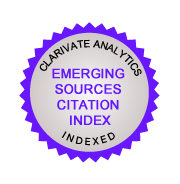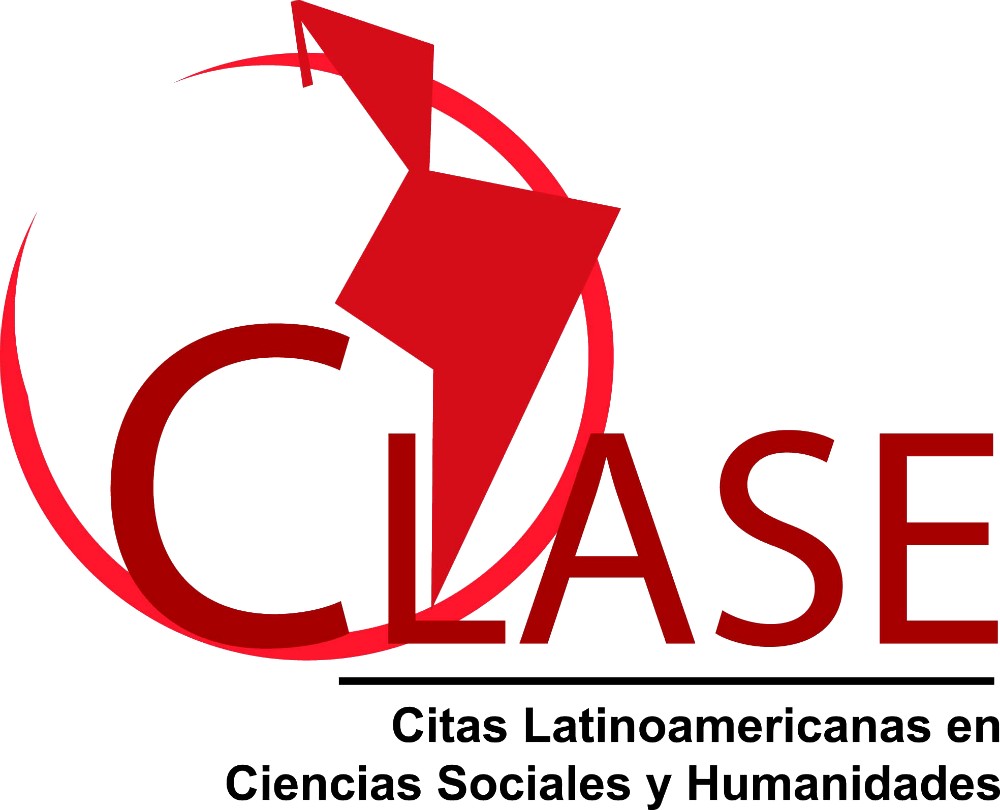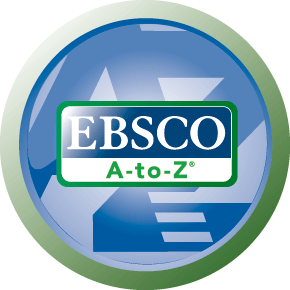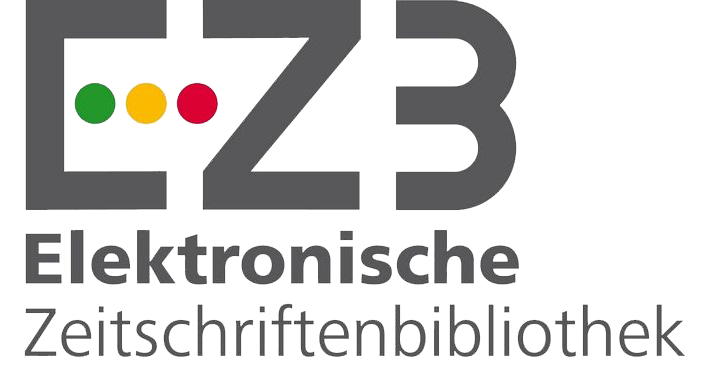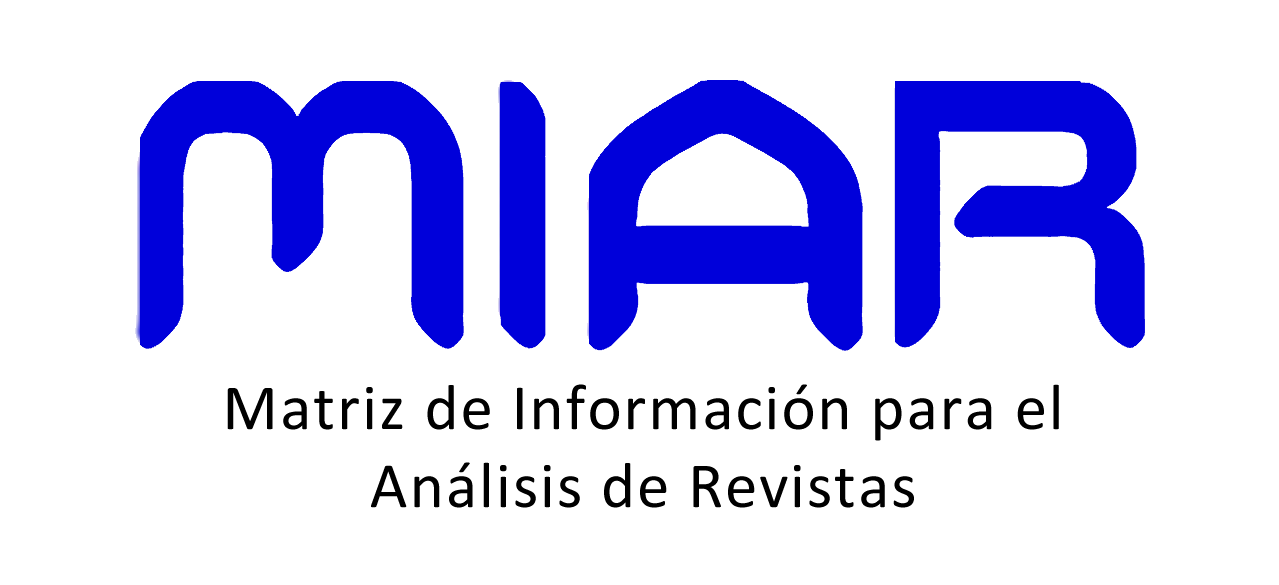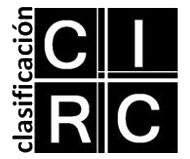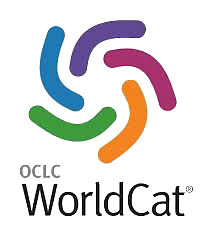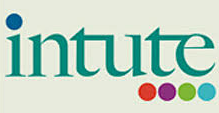Deconstruction: textuality, hegemony and difference
DOI:
https://doi.org/10.24215/16696581e517Keywords:
deconstruction; textuality; difference; politicsAbstract
The word «deconstruction» has undoubtedly gained some notorious popularity during the recent years, but in this occasion we will be focused in addressing this issue particularly from the perspective of Jacques Derrida (the so-called «father» of deconstruction). That being said, in this writing we aim to explore the link between deconstruction, hegemony and difference. In particular, we will be interested in considering the relation this thinker had with the May 1968 protests: protests that he witnessed and in which he participated, but whose adherence we know was far from being energetic or total. As we hope to show, it is possible to find in the Derridian works published so far (from 1963 to 1967) keys to understand his position in a philosophically rich and productive way. That being said, the questions that will guide our work are what kind of space is there for change and «subversion» from a deconstructive perspective, and fundamentally what is its relationship with institutions as «established orders».
Downloads
References
Critchley, S. (1992). The ethics of deconstruction, Edinburgh, Escocia: Edinburgh University Press.
Derrida, J. (1967a). De la grammatologie. París, Francia: Les Éditions de Minuit.
Derrida, J. (1967b). L’écriture et la différence. París, Francia: Éditions du Seuil.
Derrida, J. y Nancy, J-L. (1989). «'Il faut bien manger’ ou le calcul du sujet». En Derrida, J. (1992). Points de suspensión. París, Francia: Galilée.
Derrida J. y Ferraris M. (2009). El gusto del secreto (trad. L. Padilla López). Buenos Aires, Argentina: Amorrortu.
Descombes, V. (1979). Le même et l’autre. Paris: Les Éditions de Minuit.
Dosse, F. (1997). History of structuralism. The Rising Sign. Volume I (trad. D. Glassman). Minnesota, Estados Unidos: University of Minnesota Press.
Lévinas, E. (1961). Totalité et infini, La Haye: Martinus Nijhoff.
Vermeren, P. (2018). La filosofía interrumpida. Revista electrónica. Instituto de investigaciones jurídicas y sociales Ambrosio L Gioja, (21), Recuperado de: http://www.derecho.uba.ar/revistas-digitales/index.php/revista-
electronica-gioja/article/view/391 (24/12/20)
Peeters, B. (2013). Derrida, Buenos Aires, Argentina: Fondo de Cultura Económica.
Raynaud, P. (1986). Le parti communiste et mai 68. Pouvoirs, (39), 39-42.
Downloads
Published
How to Cite
Issue
Section
License
La aceptación de un original por parte de la revista implica la cesión no exclusiva de los derechos patrimoniales de los/as autores/as en favor del editor, quien permite la reutilización, luego de su edición (postprint), bajo una Licencia Creative Commons Atribución-NoComercial-CompartirIgual 4.0 Internacional (CC BY-NC-SA 4.0)
Acorde a estos términos, el material se puede compartir (copiar y redistribuir en cualquier medio o formato) y adaptar (remezclar, transformar y crear a partir del material otra obra), siempre que a) se cite la autoría y la fuente original de su publicación (revista y URL de la obra), b) no se use para fines comerciales y c) se mantengan los mismos términos de la licencia.
La cesión de derechos no exclusivos implica que luego de su edición (postprint) en Question las/os autoras/es pueden publicar su trabajo en cualquier idioma, medio y formato; en tales casos, se solicita que se consigne que el material fue publicado originalmente en esta revista.
Tal cesión supone, también, la autorización de los/as autores/as para que el trabajo sea cosechado por SEDICI, el repositorio institucional de la Universidad Nacional de La Plata, y sea difundido en las bases de datos que el equipo editorial considere adecuadas para incrementar la visibilidad de la publicación y de sus autores/as.
Asimismo, la revista incentiva a las/os autoras/es para que luego de su publicación en Question depositen sus producciones en otros repositorios institucionales y temáticos, bajo el principio de que ofrecer a la sociedad la producción científica y académica sin restricciones contribuye a un mayor intercambio del conocimiento global.






